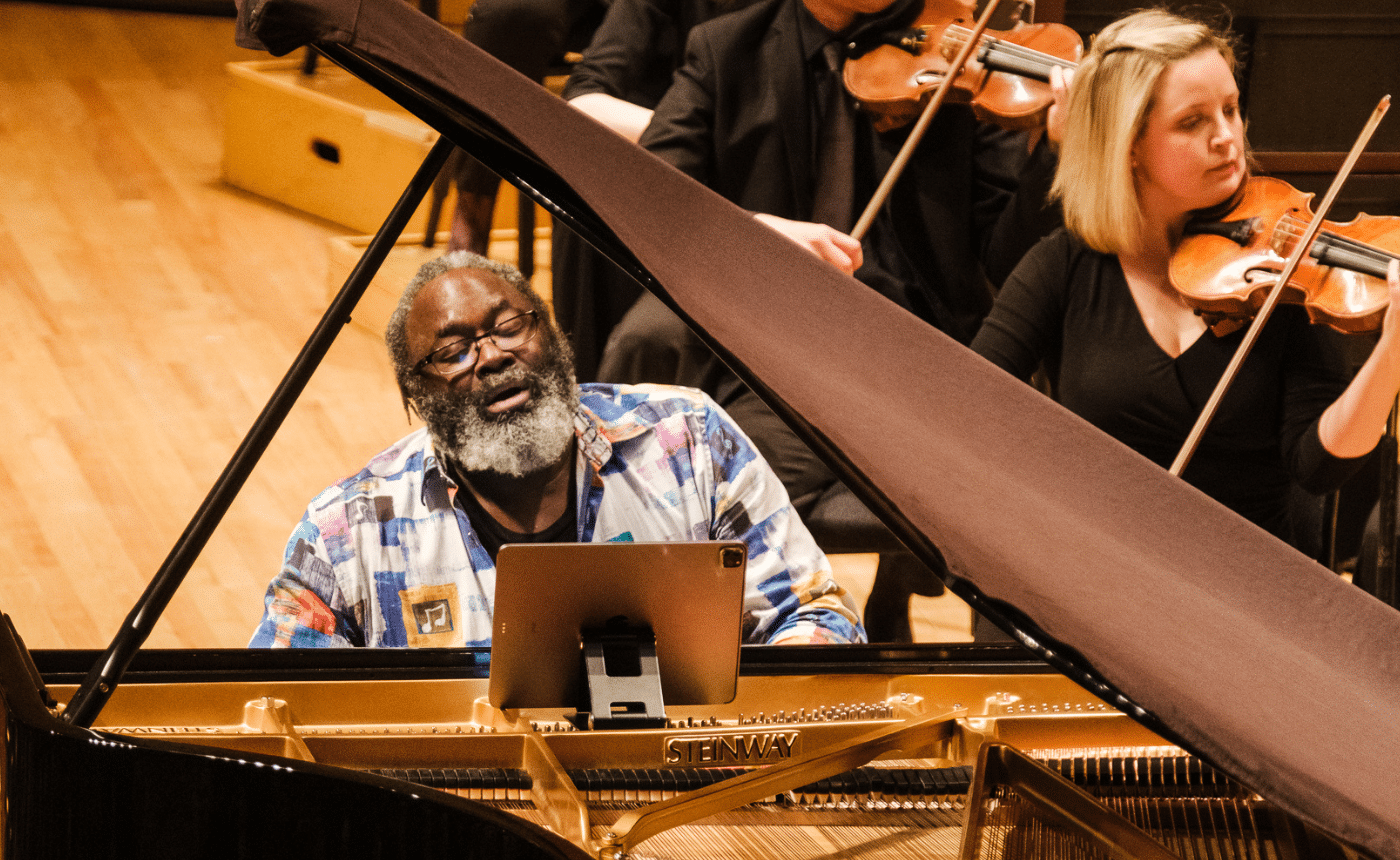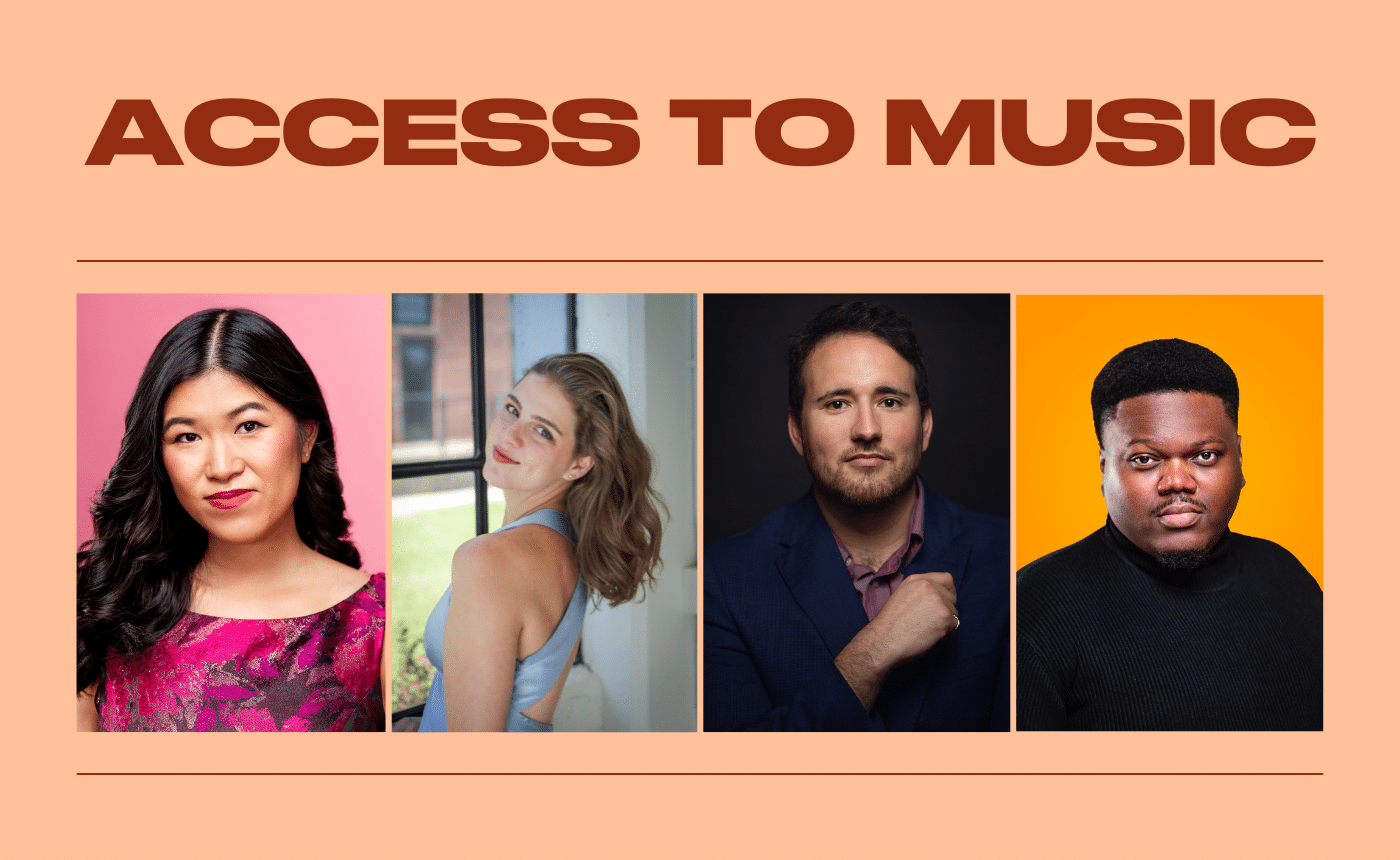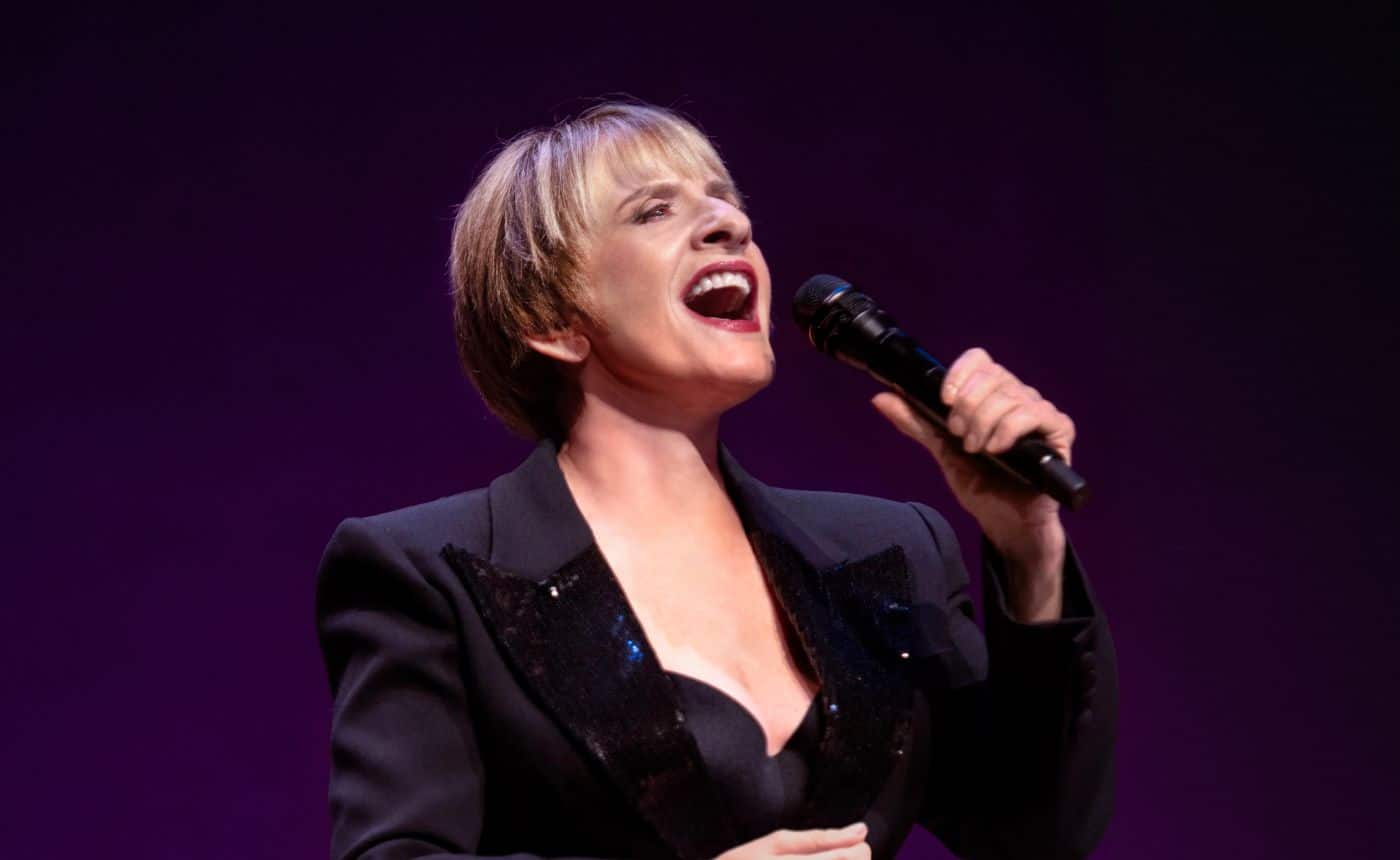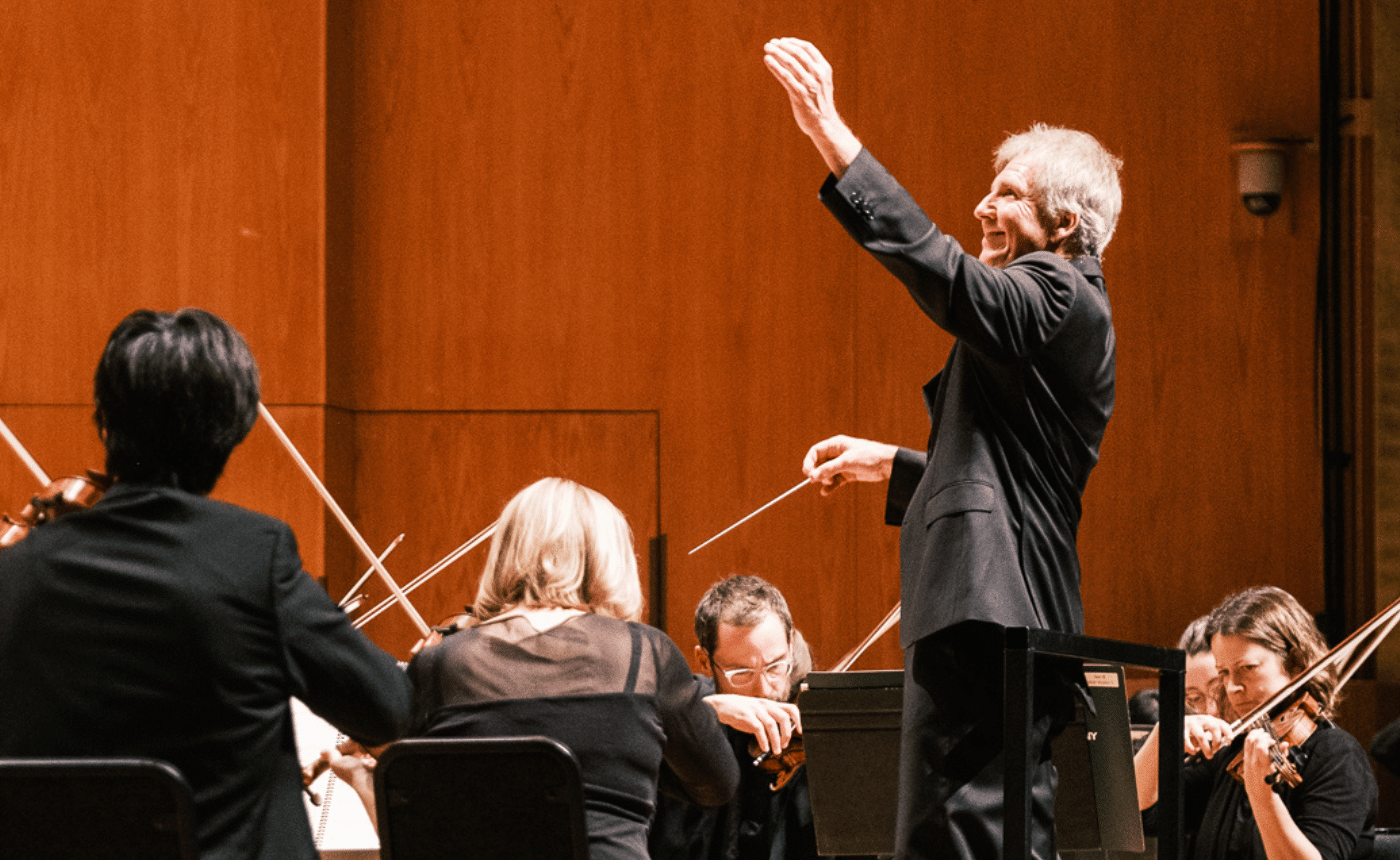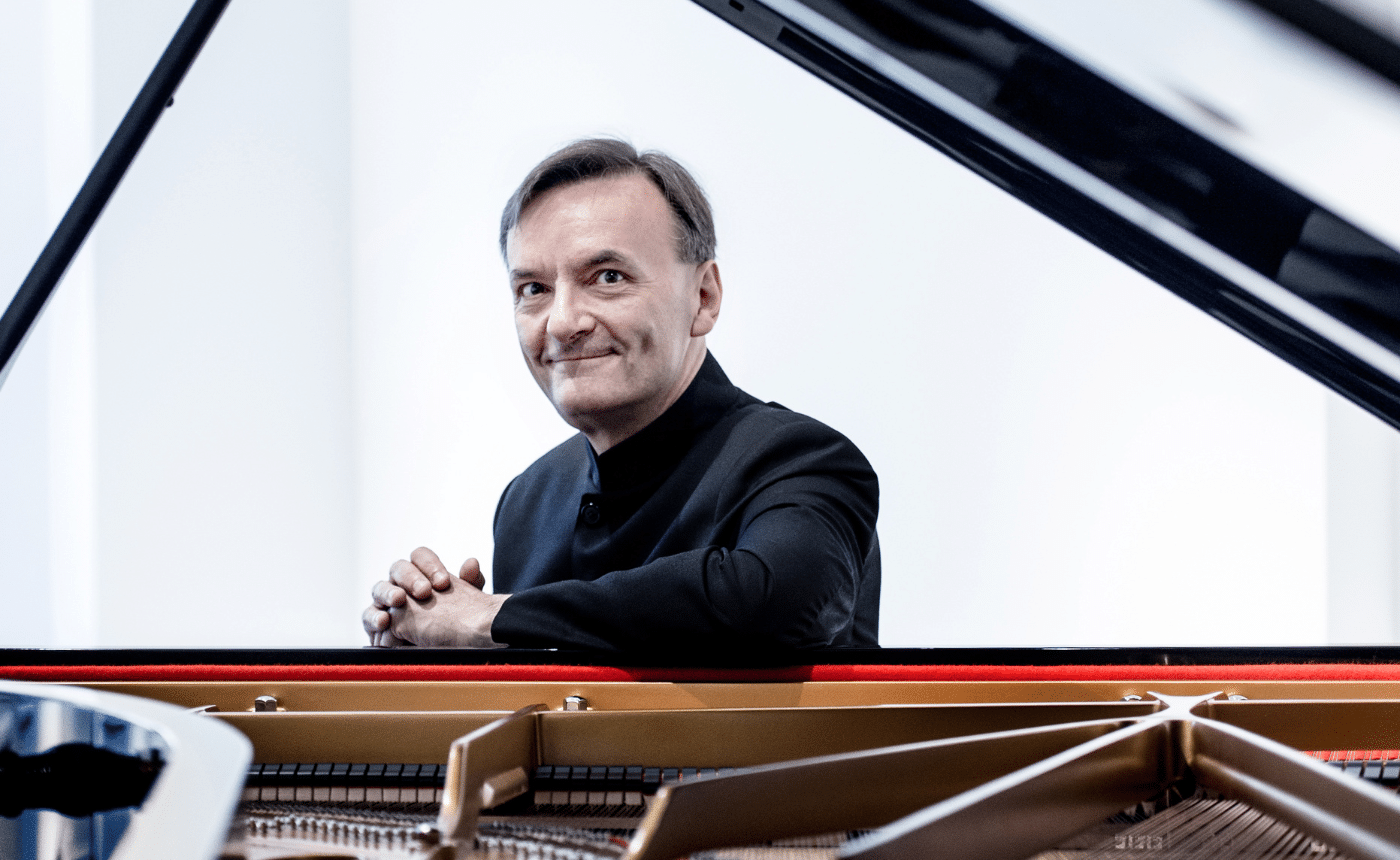From the Podium: Hugh Wolff
Maestro Hugh Wolff is among the leading conductors of his generation. He has appeared with all the major North American orchestras and is in much demand throughout Europe. Wolff was Principal Conductor of the Frankfurt Radio Orchestra, as well as Principal Conductor and then Music Director of the Saint Paul Chamber Orchestra. Born in Paris to American parents, Wolff spent his early years in London and Washington DC and holds degrees from Harvard and Peabody Conservatory. Wolff and his wife, Judith Kogan, have three sons and live in Boston where he is the Director of Orchestras and Chair of Orchestral Conducting at the New England Conservatory.
USUO: What are you looking forward to regarding the program (Copland Symphony No. 3/Fanfare for the Common Man and Beethoven Emperor Concerto)? What should the audience listen for?
Wolff: The two Copland pieces are related. After the great success of the Fanfare for the Common Man, written in 1942 as part of a patriotic, wartime effort, Copland used it as the basis for the last movement of his Third Symphony, finished in 1946. One of the most striking moments in the symphony is when the music of the Fanfare emerges very quietly from the end of the slow movement. It is not the brass but the flutes, clarinets and harps who first play this familiar music in the symphony. From there, the brass take over and the Fanfare proper is heard in full. I like to program the Fanfare at the beginning of any concert where I conduct the Third Symphony, so the audience hears this great music twice, first at the beginning and then just before the end of the concert.
USUO: Have you worked with Watts before?
Wolff: André Watts and I have performed together many times over the years, but it has been quite a while since the last time. I always look forward to working with him and am excited about seeing him again at these concerts.
USUO: Do you approach concertos differently than other orchestral works when studying and preparing for a performance?
Wolff: I believe the conductor’s role in any concerto is to serve the soloist. I work to make the soloist’s experience as comfortable and as successful as possible, even if I disagree with the soloist’s ideas. But with André, I expect to have a real meeting of the minds and hearts. We have performed this concerto together before.
USUO: How many batons do you bring with you to any given performance?
Wolff: I travel with two batons. They are both made of carbon fiber and seem pretty indestructible. I haven’t broken one in years.
USUO: Do you have any pre-performance rituals?
Wolff: I eat in the mid-afternoon (protein and carbs) and then not again until after the concert. A nap follows, then some quiet study.
USUO: Do you have anything else planned for your visit in Salt Lake City?
Wolff: I may visit the Family History Library again. I am a typical American: one-quarter German Jewish, one-quarter Ulster Scot, and one-half Italian! In past visits, I was excited to find the ship manifests of two of my grandparents’ journeys to Ellis Island.
USUO: You’ve spent a significant amount of time conducting professional orchestras, what drew you to working with students at the New England Conservatory?
Wolff: After many years of traveling and giving concerts all over the world, the idea of working in one place with younger, aspiring musicians was very attractive. I think it is natural at a certain age, to think about the next generation and what you can do to help them achieve their potential.
USUO: Do you have any hobbies?
Wolff: I enjoy cooking, reading, and playing Scrabble with my wife. She’s a writer as well as a musician and a terrific Scrabble competitor!
USUO: Any pets?
Wolff: No.
USUO: What was the last piece/band/composer you listened to? What do you listen to outside of the classical music realm?
Wolff: My three sons occasionally introduce me to an Indie group that I like, but my musical head is pretty full, so I don’t often listen to music to relax.
USUO: Do you have any advice for aspiring conductors?
Wolff: The repertoire for conductors is vast. Work tirelessly to master as much of it as possible and then work some more! Go to rehearsals and concerts and watch orchestras and conductors in action. If you can, prepare for these rehearsals as though you were going to conduct them, and see if the conductor and orchestra do what you would have done. You may learn both what to do and what not to do!
To see Hugh Wolff in action, check out his upcoming performances with the Utah Symphony and guest pianist André Watts. March 6-7 at 8 p.m. at Abravanel Hall. For more information and tickets visit the Utah Symphony webpage.






